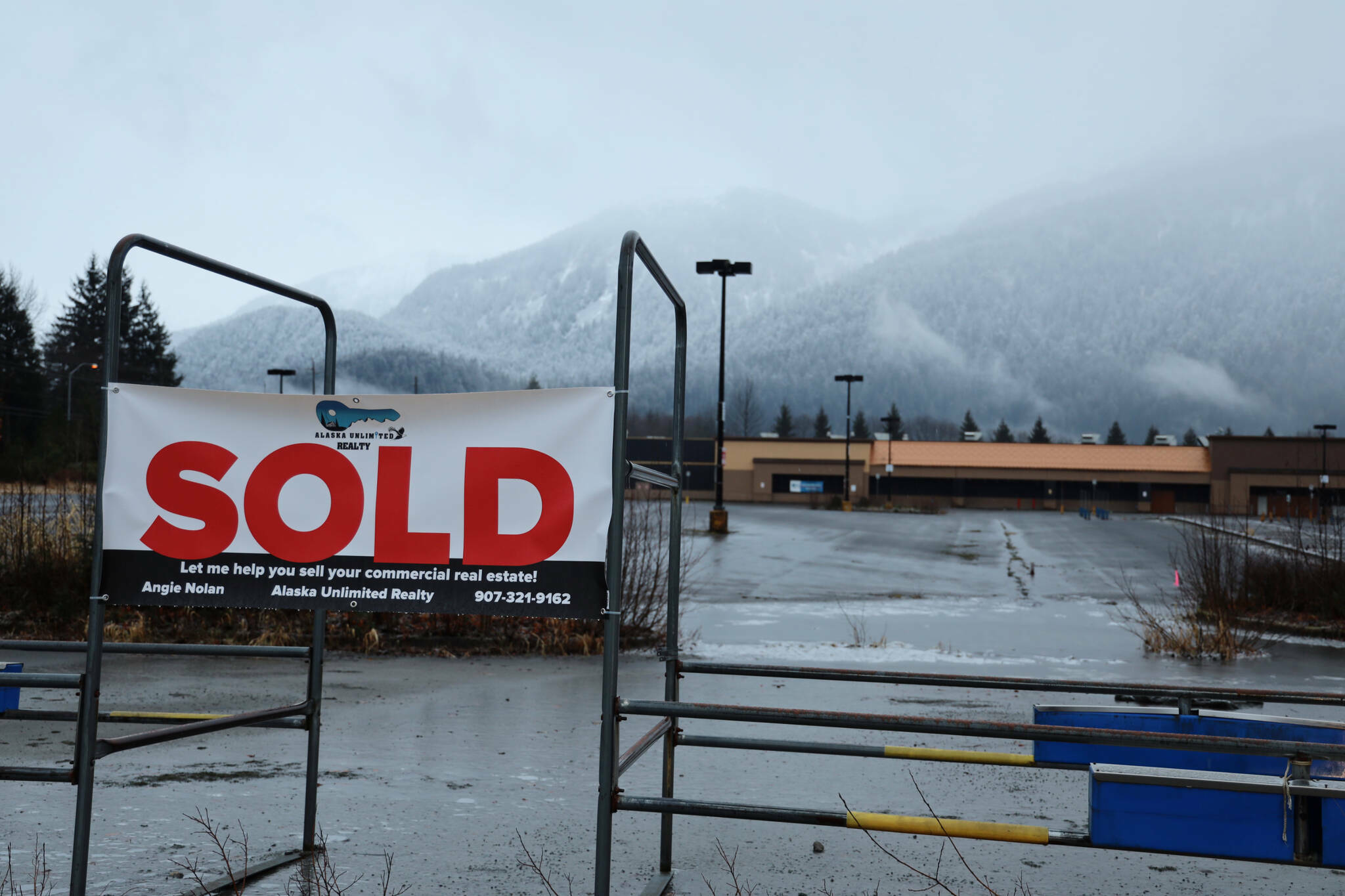More drastic changes in property taxes may be in store for Juneau residents who’ve most seen significant increases imposed locally the past few years, but in this instance, more mixed results may come from state lawmakers seeking tax breaks for economic development projects and penalties for blighted properties.
A bill with those changes passed the bipartisan state Senate by a 13-6 vote on Tuesday, but its fate in the Republican-led House may not be as smooth due to opposition from some conservative policymakers concerned about people having property taken away from them if officials deem it “blighted.”
Supporters of Senate Bill 77 emphasized the incentives for economic development, noting many of Alaska’s current problems such as workforce shortages are attributed to a lack of affordable housing.
Sen. Forrest Dunbar, an Anchorage Democrat who sponsored the bill, said it allows municipalities to fully exempt property taxes for economic development purposes, instead of currently limiting it only to the amount above the municipality’s required contribution to school district funding.
“However, this change does not impact education funding,” he said. “The mandated local contribution must still be met, but other revenue sources may be used to meet this requirement.”
Dunbar also sought to reassure groups and individuals opposed to the blight provision of the bill, which is aimed at owners of properties that may lower the value of surrounding parcels. He said municipalities will need to develop detailed policies that allow for appeals. Also, he said, the penalty would be limited to a 50% increase in the tax on a blighted property, which “is much lower than other parts of the country” with similar policies.
Amendments adding protections for properties that are occupied, even if blighted, were added during Tuesday’s floor debate.
“Conceivably, only a property so condemned as to be uninhabitable could be taxed this way,” said Sen. Jesse Kiehl, a Juneau Democrat who introduced one of the amendments, “This way an owned-occupied property could not be subject to the blight tax.”
A further amendment by Sen. Senator Shelley Hughes, a Palmer Republican, adds a provision that a property isn’t declared blighted while occupied, causing the value to decline and putting the owner in further financial peril if a sale occurs. But even with the change, she opposed the overall concept of the bill — especially the potential 50% hike on blighted properties.
“In the U.S. we have the right to private property,” she said. “I believe our measures should be to protect and not put property at risk of that possibly being taken from them if they cannot pay the tax on them.”
Support for the bill before the floor vote was expressed by a diverse coalition of municipal governments, property developers and economic agencies.
”We believe this bill will give local cities the ability to motivate owners of blighted properties to re-develop them,” Garry White, executive director of the Sitka Economic Development Association, stated in written testimony. “I am confident passage of this bill will help stimulate housing and economic development projects locally and around the state. SB 77 is a significant step towards improving the competitiveness of Alaskan communities in attracting and supporting new investments that will grow the availability of necessary new housing, as well as investments in new commercial and industrial development that are essential to the future growth and success of communities across Alaska.”
Among those opposing the bill is the conservative advocacy group Americans for Tax Reform, whose president Grover Norquist argued the change gives municipalities too much power to determine what is blighted property.
“Alaskan families and businesses continue to struggle under record-high inflation and growing economic uncertainty,” he stated in written testimony. “Especially at a time when many city governments enjoy large budget surpluses, it is unwise to open the door to a spate of brand-new, carte-blanche taxes that will hit those who can least afford it the hardest.”
• Contact Mark Sabbatini at mark.sabbatini@juneauempire.com

